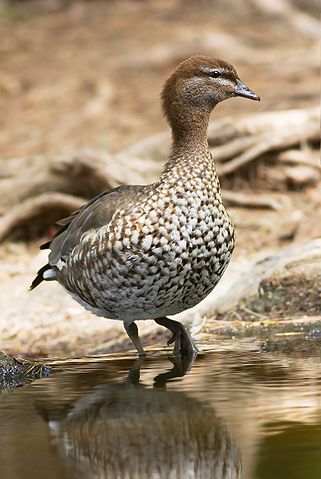 |
This is a file from the Wikimedia Commons. Information from its description page there is shown below.
Commons is a freely licensed media file repository. You can help.
|
 |
This is a featured picture, which means that members of the community have identified it as one of the finest images on the English Wikipedia, adding significantly to its accompanying article. If you have a different image of similar quality, be sure to upload it using the proper free license tag, add it to a relevant article, and nominate it. |
 |
This image was selected as picture of the day on the English Wikipedia for September 26, 2011. |
 If you enjoy my work, and would like to see more, please subscribe to my profile on Facebook. If you enjoy my work, and would like to see more, please subscribe to my profile on Facebook. |
|
|
|

|
  This is a featured picture on the English language Wikipedia ( Featured pictures) and is considered one of the finest images. This is a featured picture on the English language Wikipedia ( Featured pictures) and is considered one of the finest images.
If you think this file should be featured on Wikimedia Commons as well, feel free to nominate it.
If you have an image of similar quality that can be published under a suitable copyright license, be sure to upload it, tag it, and nominate it.
|
|
|
| Description |
Chenonetta jubata female 2.jpg Australian Wood Duck (Chenonetta jubata), Female, Australian National Botanic Gardens, Canberra, Australian Capital Territory, Australia
|
| Date |
27 January 2010 |
| Source |
Own work |
| Author |
JJ Harrison ( jjharrison89@facebook.com) |
|
Camera location
|
35° 16′ 41.16″ S, 149° 6′ 37.08″ E
|
View this and other nearby images on: Google Maps - Google Earth - OpenStreetMap |
( Info)-35.2781;149.1103 |
|
I, the copyright holder of this work, hereby publish it under the following license:
|
File usage
The following pages on Schools Wikipedia link to this image (list may be incomplete):
This file contains additional information, probably added from the digital camera or scanner used to create or digitize it. If the file has been modified from its original state, some details may not fully reflect the modified file.
Through Schools Wikipedia, SOS Children has brought learning to children around the world. SOS Childrens Villages believes education is an important part of a child's life. That's why we ensure they receive nursery care as well as high-quality primary and secondary education. When they leave school, we support the children in our care as they progress to vocational training or higher education. Learn more about child sponsorship.


